This month hearalds the kick off for the Women in Architecture Mentoring Programme. This is WIA’s second mentoring year and lead, Tania Ihlenfeld, and I decided to go big. We ramped up from last year’s 20 matches to this year’s 64 matches. With over 120 mentees applying we felt we had to match try and match as many as possible. This number is indicating the need and desire for mentoring in the sector.
For the mentees that we couldn’t find a match for, we still urge you to keep looking, and keep connecting. Read on for some tips:
What to look for in a good Mentor or Coach
Do you want a change of job or career direction
Do you want a promotion?
Do you have a new role and need support?
Do you need more leadership or self-development skills?
There are numerous reasons why partnering with a mentor or coach will support you and help you achieve your goals quickly. But how do you find a good one; what qualities do you look for? As an experienced coach and mentor, these are my thoughts on what makes a good mentoring/coaching relationship.
But firstly, if you are not familiar with the difference between a mentor and a coach, then read: Coach or Mentor?
1. FIND SEVERAL POTENTIAL CANDIDATES
Start conversations with a few people. You don’t need to make a decision immediately, so take your time and carefully consider what you want.
Your genes will have you heading for the person you think might relate to you the easiest – same ethnicity, background, age, education, gender etc. However, whilst these are all ok, don’t rule out talking to those who aren’t like you. Diversity makes us work at thinking and communicating better. Diversity will give you an alternative point of view and can remove the sub-conscious assumption that “s/he thinks the same way as I do”.
Talk to at least three mentors/coaches:
One that you suspect you’ll get on great with
One that you think you have nothing in common with
One that makes you curious
Ask them about their mentoring/coaching experiences – or ask, “What might have changed if you’d had a mentor/coach at my age?” Be curious, open to the process and enjoy yourself.
2. WHAT ARE YOUR BASIC PREFERENCES?
Once you start thinking about it, you’ll probably realise that you’ve got some specific requirements. What’s a must-have, and what’s a would-like-to-have?
Would you like someone from a particular firm?
Will they need to accommodate any special needs?
Do they need specific experience or have specific contacts?
How would you like them to act? Supportive, listening, challenging, to hold you accountable for actions?
What are your restrictions, e.g. deadline for promotion or leaving the country?
3. HOW DO YOU WORK?
Become more aware of how you work. Are you the sort of person who jumps straight in? Likes to plan ahead? Suffers anxiety easily? Likes ambitious goals? Whilst coaching will almost always bring about a higher level of self-awareness, it might be less consciously put to you in a mentoring relationship. Be prepared to look at yourself and how you work. What worked or didn’t work? What needs to change? How can you do it better? The more you know about yourself and your motivations, fears, beliefs, and challenges, the more your mentor or coach can help you. Keeping a journal is an excellent way to self-reflect and give yourself more thinking time. Reflect to move forward.
4. TRUST AND GOOD CONTRACTING
Now, you might not ascertain a good level of trust in the first meeting or even the first few meetings. In fact, trust is so easily broken that it needs consideration every time you meet. But a lot of trust can be expressed upfront with a good contract – verbal or written.
Contracting is something that all good coaches will do as a matter of course, but it might be more casual with your mentor, and you might need to think to write it down.
By contracting, I mean talking about these pointers:
What does mentoring/coaching mean? Are you expecting advice and not getting any? Are you receiving advice you don’t want?
What are the objectives, or what would you like to achieve? (Yes, it is ok, to have a general direction in mind - not everyone knows the end goal)
How will you know you have achieved your objectives/goal? What will that look like?
How often will you meet? For how long? In-person or online?
What do you mean by ‘confidential’? Can your mentor be an advocate for your career yet still keep your conversations confidential?
What do you do if you want to end the relationship?
What happens if you hit an ethical issue? E.g. if your mentor/coach thinks you have depression?
What won’t you talk about – boundaries, is anything taboo?
5. CLEAR ROLES
It is all too easy to relinquish control to the (older, wiser) mentor/coach as an ‘expert’ and not utilise your self-knowledge to communicate how you see the process unfolding. People often start a discussion knowing the problem and the solution (even if they don’t know it yet). So don’t be afraid to talk about what you think you need to do – perhaps before getting the advice you will ignore anyway! The focus of the coaching/mentoring is on YOU, and you are free to create or co-create the path or strategy that will lead you to your goal.
Using these 5 pointers should give you and your mentor a head start to a great relationship. Go for it. Your self-development and career will benefit from mentoring or coaching, greatly.

